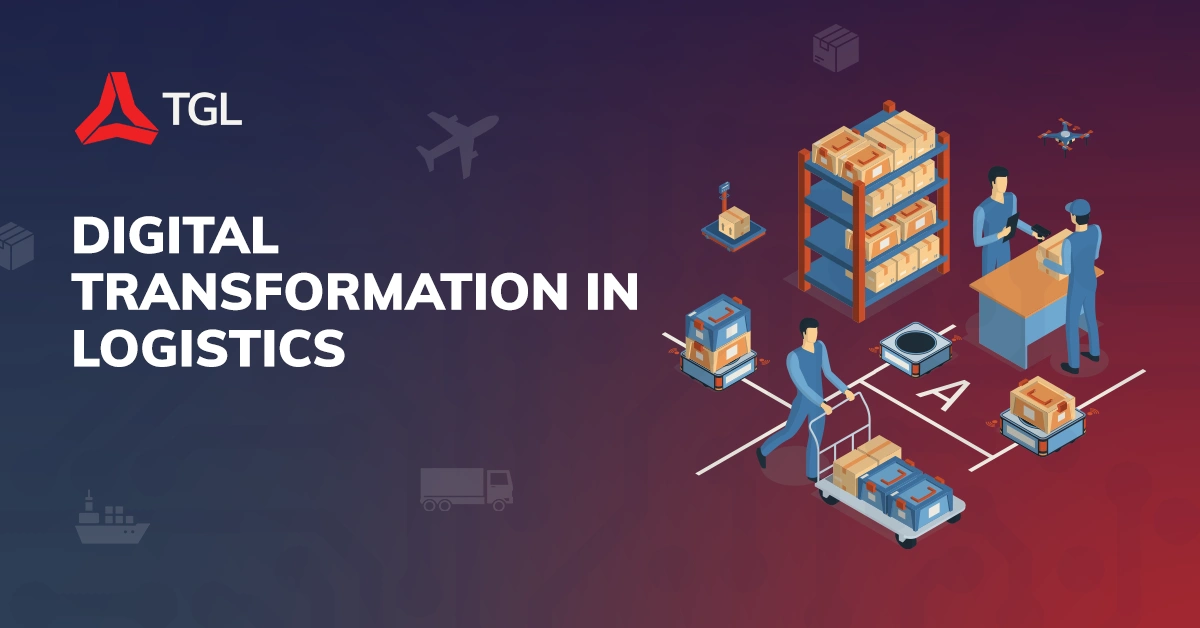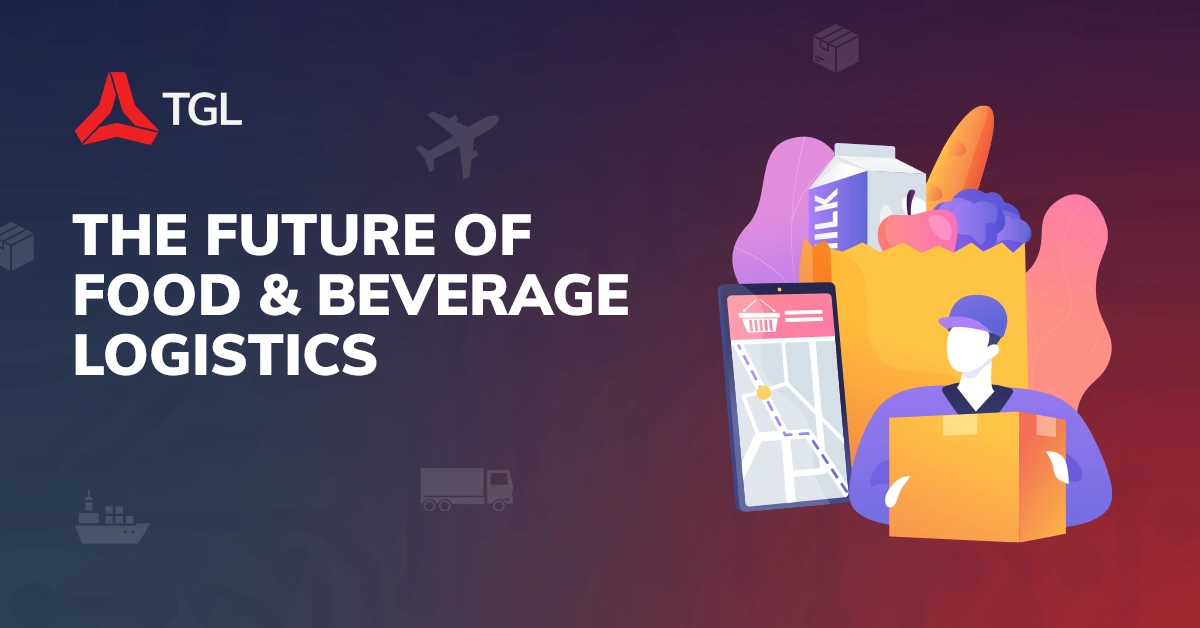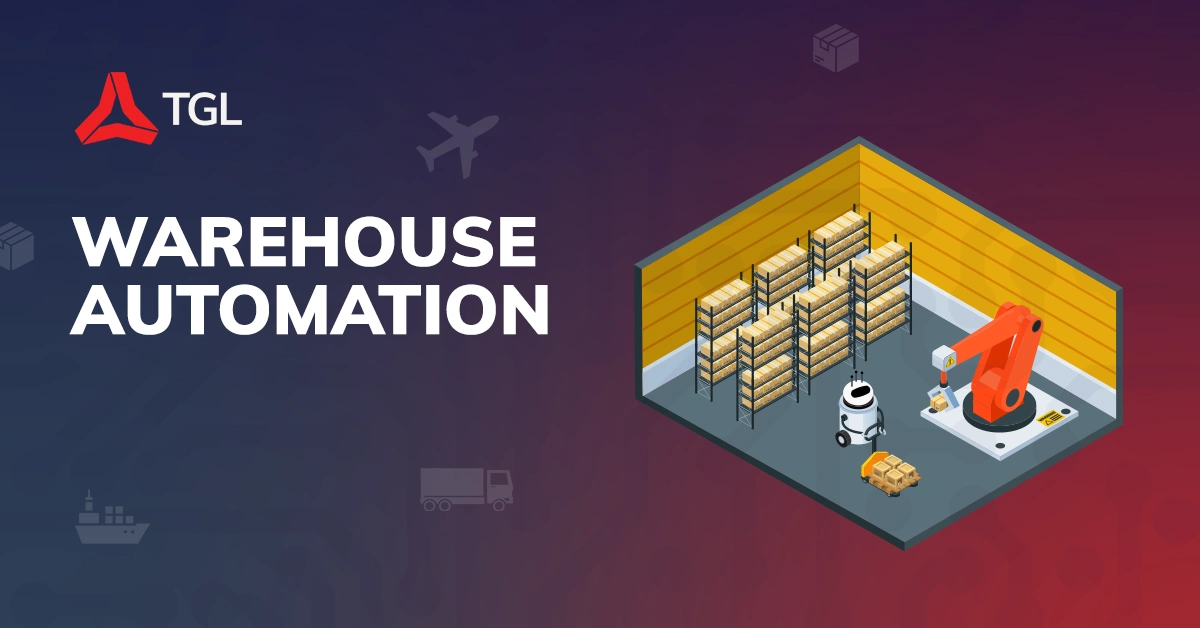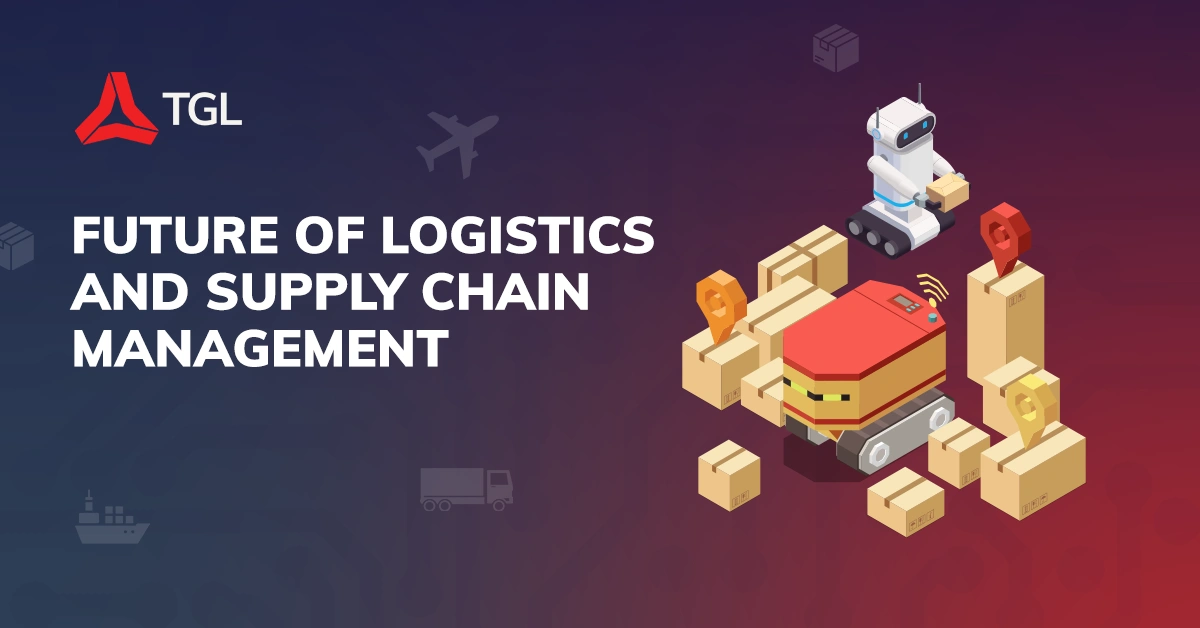Digital Transformation in Logistics

In the ever-evolving panorama of the logistics industry, virtual transformation has grown to be more than only a buzzword; it`s a need for survival and success. From supply chain optimisation to last-mile delivery, the era is reshaping each factor of the logistics sector. In this complete exploration, we will delve into the intricacies of virtual transformation in logistics, inspecting its riding forces, key technologies, challenges, and destiny prospects.
The Driving Forces Behind Digital Transformation in Logistics
Customer Expectations
In the technology of e-trade giants like Amazon, clients call for seamless, transparent, and speedy shipping experiences. Digital transformation allows logistics agencies to satisfy those expectancies with the aid of presenting real-time tracking, personalised services, and green verbal exchange channels.
Technological Advancements
Breakthroughs in technology together with IoT (Internet of Things), AI (Artificial Intelligence), blockchain, and robotics have revolutionised logistics operations. IoT sensors facilitate real-time tracking of shipments, even as AI algorithms optimise routes and are expecting calls for patterns, improving performance and lowering costs.
Globalisation and Complex Supply Chains
As supply chains become more worldwide and complex, the want for visibility, agility, and change control grows. Digital transformation gives stop-to-stop supply chain visibility, permitting agencies to tune items from manufacturing to shipping, discover bottlenecks, and mitigate dangers proactively.
Key Technologies Driving Digital Transformation
Internet of Things (IoT)
IoT gadgets embedded in trucks, containers, and warehouses accumulate and transmit information on temperature, humidity, location, and situation of products in transit. This real-time information allows logistics agencies to optimise routes, screen shipment conditions, and ensure compliance with protection regulations.
Artificial Intelligence (AI) and Machine Learning (ML)
AI-powered algorithms examine full-size quantities of information to optimise logistics operations, from calls for forecasting and course optimisation to warehouse control and predictive maintenance. ML algorithms are constantly studied and improved, main to more efficiency, fee savings, and higher decision-making.
Blockchain Technology
Blockchain gives immutable and obvious transaction records, improving belief and safety in supply chain transactions. Smart contracts automate and put in force agreements among parties, lowering paperwork, disputes, and delays in bills and deliveries.
Challenges and Roadblocks
Legacy Systems and Resistance to Change
Many logistics organisations nevertheless rely upon legacy structures and guide processes, hindering the adoption of the latest technology. Resistance to alternate amongst personnel and stakeholders can pose tremendous demanding situations to virtual transformation initiatives.
Data Security and Privacy Concerns
With the proliferation of facts series and sharing, worries approximately facts security, privacy, and regulatory compliance have ended up paramount. Logistics organisations have to spend money on strong cybersecurity measures and ensure compliance with facts safety rules which includes GDPR (General Data Protection Regulation).
Integration and Interoperability
Integrating various technologies and structures throughout the supply chain atmosphere may be complicated and costly. Achieving interoperability among extraordinary platforms, applications, and stakeholders is crucial for seamless facts trade and collaboration.
Future Prospects and Opportunities
Autonomous Vehicles and Drones
Advancements in self-sufficient motors and drones promise to revolutionise last-mile shipping, specifically in city areas. Self-using vans and shipping drones can decorate efficiency, lessen shipping times, and decrease operational costs.
Predictive Analytics and AI-pushed Insights
The adoption of predictive analytics and AI-pushed insights will allow logistics businesses to expect calls for, optimise stock levels, and enhance useful resource allocation. By leveraging data-pushed insights, businesses could make knowledgeable decisions, limit risks, and live ahead of the competition.
Sustainability and Green Logistics
With developing attention to environmental issues, there may be a growing call for sustainable and green logistics solutions. Digital transformation gives possibilities to optimise routes, lessen gasoline consumption, and limit carbon emissions, contributing to a greener and greater sustainable future.
Did you know TGL has its Own Warehouse in Sydney?
Based in Revesby, Sydney the TGL warehouse is close to Port Botany (Sydney Port) and close to our TGL HQ. We offer services in all areas of warehousing from e-commerce picking & packing, short-term or long-term storage contracts, inventory management and repacking. So whether you are a new e-commerce business or have just outgrown your space, allow us to manage your warehouse and distribution so you can focus on the most important element of your business - selling.
TGL
We specialise in offering business-to-business logistics services, including sea freight, air freight, domestic freight, warehousing, and customs clearance to all industries. We lead the industry in delivering exceptional services to our customers by focusing on our people and technology. Through our people-focused approach, we deliver a tailored experience to our clients by bringing a welcoming face into a faceless industry. Together with our staff, customers, and our partners, we aim to create a strong community we call Think Global Logistics.
What makes us different is providing our customers with a simplified service platform through fixed quoting and transparent pricing along with a single point of contact to guide you through the whole process, from start to finish. From knowing who to call for any needs to having a simple-to-understand cost structure, our customers are never in doubt and always in control.
TGL is and will continue to invest in developing its proprietary systems that will automate processes, reshape workflow, and collect data for smart, dynamic reporting. Our use of technology and automated systems delivers you a swift and simplified process and ensures a cohesive, transparent, and collaborative experience.
Whether your business requires the shipment of building materials, heavy machinery, food and beverage, fashion and clothing, technology devices, or many more. TGL has experience across all industries.
By following these guidelines and conducting thorough research, you can choose the right logistic company that will drive your business success. Remember, a reliable logistic partner can provide you with the necessary support to streamline your operations, reduce costs, and improve customer satisfaction. So take the first step today and start your journey towards finding the perfect logistic company for your business.
Conclusion
Digital transformation is reshaping the logistics industry, using efficiency, innovation, and competitiveness. By embracing new technology and overcoming challenges, logistics businesses can unencumber new possibilities, enhance purchaser experiences, and live beforehand in a hastily evolving market. As we navigate the virtual frontier, collaboration, adaptability, and a forward-questioning mindset can be important for fulfilment inside the logistics panorama of tomorrow.



